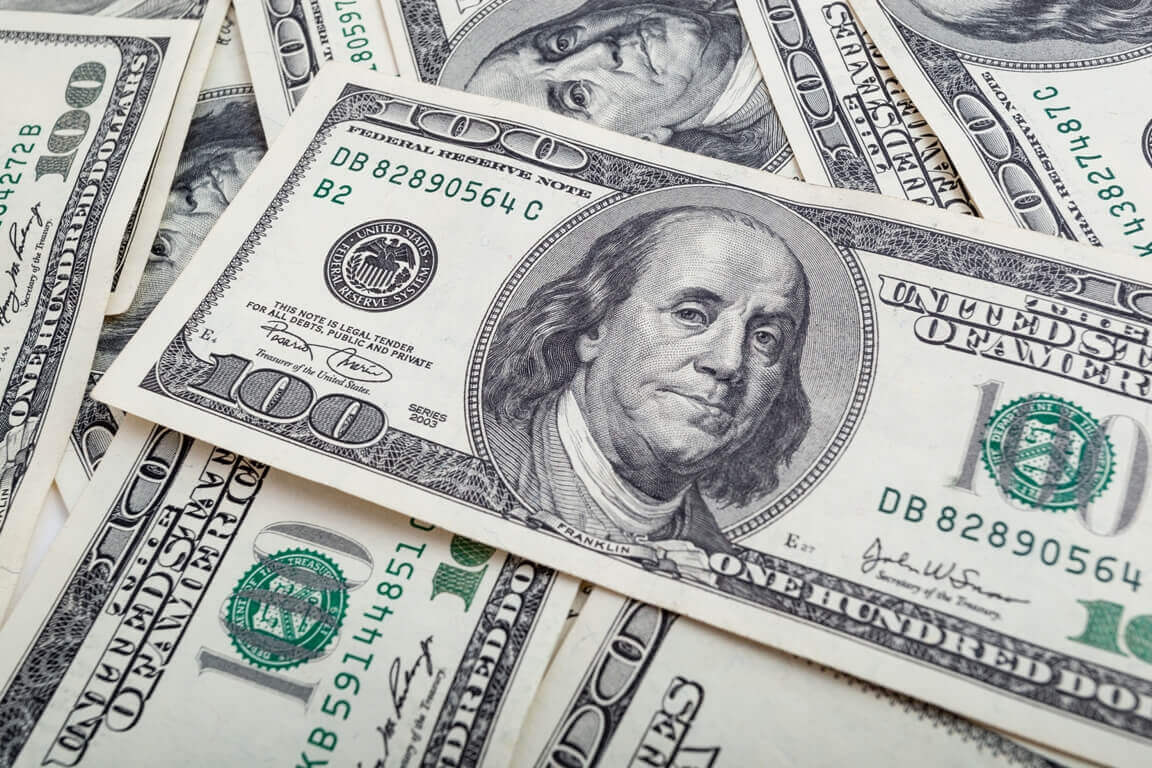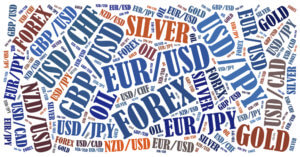The Euro declined on Friday. Despite that, the currency was set for its biggest weekly gains in six weeks as investors breathed a sigh of relief after Russia avoided default on dollar-denominated debt. The Forex markets also weighed the broader impact of the start of the U.S. rate hike cycle. The common currency dropped towards the $1.10 levels through the greenback’s broad losses. However, optimistic comments by European policymakers more or less supported the Euro. According to Dutch central bank chief Klaas Knot, there may be only one rate hike this year.
On Thursday, global markets rallied, with stocks, bonds, credit, and commodities all trading in the green. It seems investors on the sidelines are still eager to buy decreasing assets at the slightest signs of an end to the war in Ukraine.
Simon Harvey, the head of FX analysis at Monex Europe, noted that the market appetite seems to start incorporating risk back into portfolios as the geopolitical backdrop has stabilized somewhat.
The Euro tumbled down by 0.5% at $1.1037 on Friday. However, it gained 1.52% overall for the week, remaining on track for its biggest weekly jump since the first week of February. At that time, European Central Bank President Christine Lagarde hinted for the first time that interest rates would rise in the eurozone in 2022.
How is the U.S. dollar trading?
The dollar index remained steady on Friday. It rebounded by 0.4% to 98.36 after plunging every other day this week. At last, the currency was set for a 1% loss over the period. It fell to 97.724 on Thursday for the first time since March 10.
Shinichiro Kadota, the senior FX strategist at Barclays in Tokyo, noted that the greenback seems to be gaining with the market already pricing Fed hikes to a large extent. Thus, the key for going forward will likely be inflation: if it keeps surprising to the upside, then the question will be whether the agency becomes even more hawkish.
While Forex markets still expect a cumulative 160 bps of rate increases through the rest of 2022. The narrowing gap between short- and medium-maturity U.S. Treasury yields increased concerns that the economic momentum is slowing.
On Friday, the Japanese yen traded near a six-year low. The Bank of Japan left its ultra-accommodative policy settings unchanged today, as traders widely expected. This bank is an outlier among developed-world central banks, which are already exiting Covid-19 pandemic emergency measures.
What about the Russian ruble?
The Russian ruble declined slightly in light trading in Moscow today. It steadied near a psychologically important threshold of 100 against the greenback after the central bank decided to hold rates at 20%. Investors seem optimistic for an end to the war in Ukraine. Talks continued between Moscow and Kyiv, although progress on Friday was elusive. Russia was firing missiles at an airport near the city of Lviv.
As analysts predicted, Russia’s central bank kept its key interest rate unchanged on Friday. Before that, the bank announced an emergency rate hike in late February, aiming to support financial stability. Furthermore, the bank warned of higher inflation and an economic contraction this year. However, it did not give new forecasts.
Governor Elvira Nabiullina plans to present the rate decision. That will likely shed more light on future steps. Meanwhile, the ruble shaved off 1.2% against the dollar, trading at 104.37 after earlier firming to 101.70, a level last reached on March 4. Against the common currency, the ruble soared by 0.1% to 113.81. That is a small move compared to recent wild swings.
Russia says it covered its bond debt for now
The ruble showed little reaction to an indication that Russia might have averted a default on its Eurobonds. A source familiar with the situation stated that correspondent bank JPMorgan received coupon payments on Russian sovereign bonds due this week. It processed them and made an onwards credit to the paying agent Citi. The finance ministry also announced that it had met its coupon payment obligations in full.
The Russian currency has plunged due to unprecedented Western sanctions against Russia in the last few weeks. There was also increased demand for foreign currency. The latter prompted the central bank to ban selling cash dollars and euros to people at banks’ offices. The ruble traded at around 76 to the greenback and 85 to the Euro a month ago.











